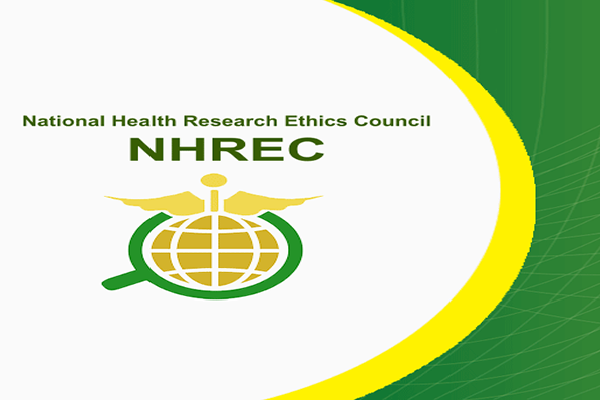In an important initiative to strengthen the governance of health research, the Federal Government of Nigeria has launched the National Health Research Ethics Committee (NHREC) electronic platform.
The electronic portal, unveiled by the Minister of Health and Social Welfare, Dr. Tunji Alausa, in Lagos on Friday, aims to streamline and modernize the ethical review and approval process for health research proposals.
Alausa said the launch was a “remarkable milestone” marking a shift towards efficiency, transparency and accountability in Nigeria’s health research system. He credited the U.S. Centers for Disease Control and Prevention (CDC) for supporting the platform. “The NHREC electronic platform is more than just a technology tool; it is a promise of integrity and accountability in health research,” Alausa said, adding that the platform supports global standards in health research while protecting the rights, dignity and safety of participants. He emphasized that it was secured.
Alausa expressed hope that the platform will increase the global competitiveness of Nigeria’s health research and improve data-driven innovation and clinical practice, adding that the e-portal will streamline the research proposal submission process. It will centralize and simplify, reducing delays and redundancies.
Dr. Adeola Adeyeye, Deputy Director for Science at the US CDC, praised the rapid development of the platform, which was achieved in just six weeks in close collaboration with the Nigerian government and international partners.
She highlighted how this platform will significantly reduce approval times and foster national and international research collaboration.
The launch follows the success of the National Strategy Council on Health Research Development and Innovation earlier this year and strengthens the Government’s commitment to research-led health improvement. The platform is expected to strengthen Nigeria’s capacity to generate and utilize research data, driving innovation and healthcare delivery.
The Lagos State Commissioner for Health, Professor Akin Abayomi, praised the platform for simplifying research governance and making it easier for researchers across the country to obtain ethical approval. “This is like ease of doing business in medical research,” he said, explaining that the system helps protect participants’ rights and intellectual property while accelerating the research process.
Daro Onimode, project director for Public Health Information Surveillance Solutions and Systems (PHIS3) and a key figure in the platform’s development, said the electronic platform will make the submission and protocol review process faster, more efficient, and more accessible for researchers. I explained that it was designed to be easy to use. All over the country and overseas.
“Nigeria has a vast network of researchers nationally and internationally, and there is an increasing demand for digital solutions to expedite the approval process. Prior to the introduction of the e-portal, researchers had to submit their documents to the Federal Ministry of Health. They had to navigate cumbersome paper-based systems, including physically transporting these documents from desk to desk, and eventually reaching the ethics committee chair. The chairperson appoints the judges. This long and tedious process often discouraged researchers, especially those based in remote areas,” the project director asserted.
Onimode highlighted how the platform changes the landscape for researchers. “On the electronic platform, there are mandatory fields that researchers need to fill in, and once submitted, the document is immediately sent to the appropriate reviewer, then to the chairperson, and then to the committee for final approval. ,” he added. This new process is designed to be smooth and seamless, significantly reducing approval times.
For example, Onimode described the challenges faced by researchers in regions such as Maiduguri. There, documents often had to be sent across long distances to committee members in places like Lagos to get approval. “Electronic platforms make it easier to submit applications and track them in real time, facilitating research and ultimately improving health outcomes,” he added.
Professor Oliver Ezesi, a member of the National Health Research Ethics Committee (NHREC), also praised the introduction of the e-portal, adding: Raised concerns about security and intellectual property. The new platform not only speeds up the process, but also ensures the safety of your submissions. ”

